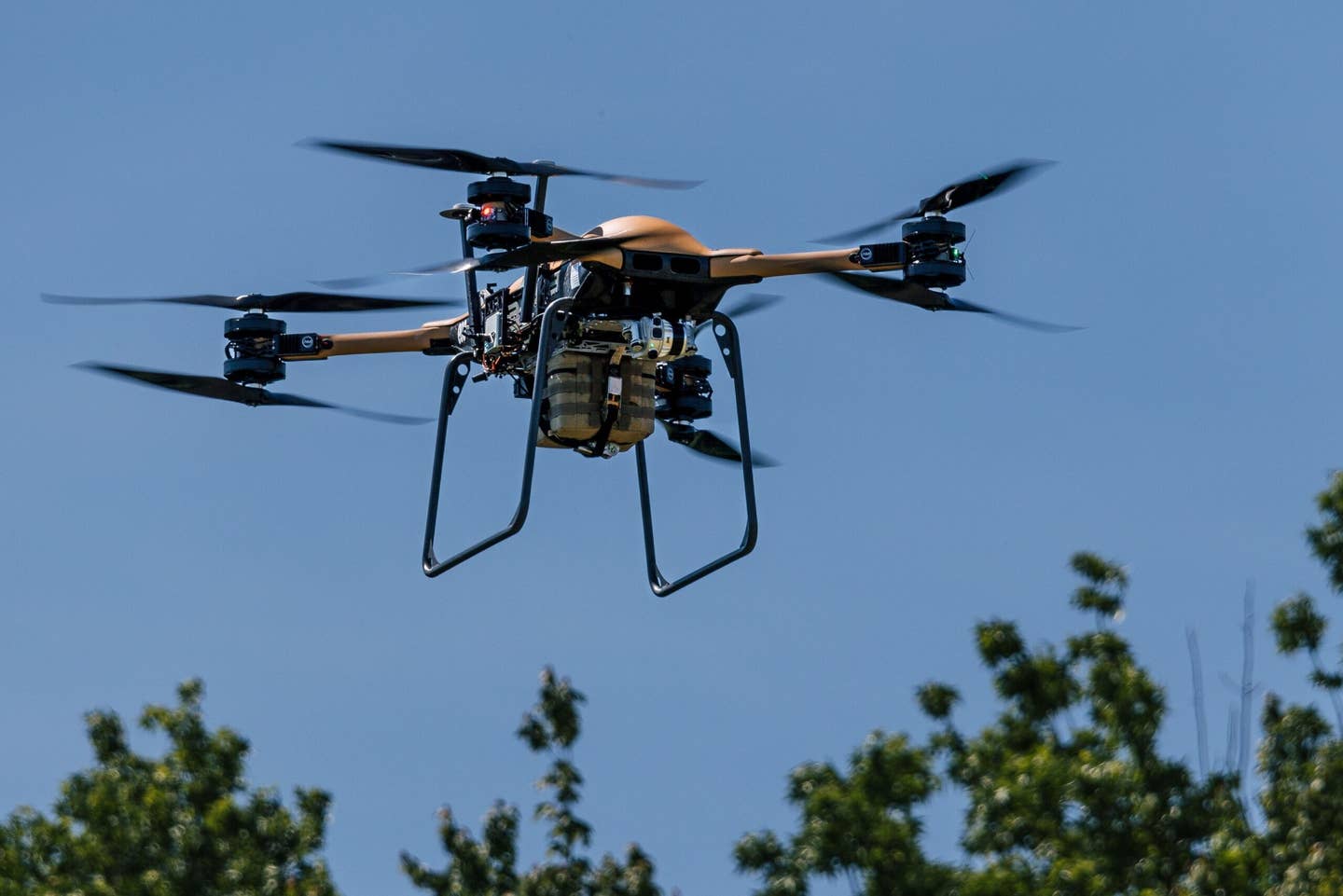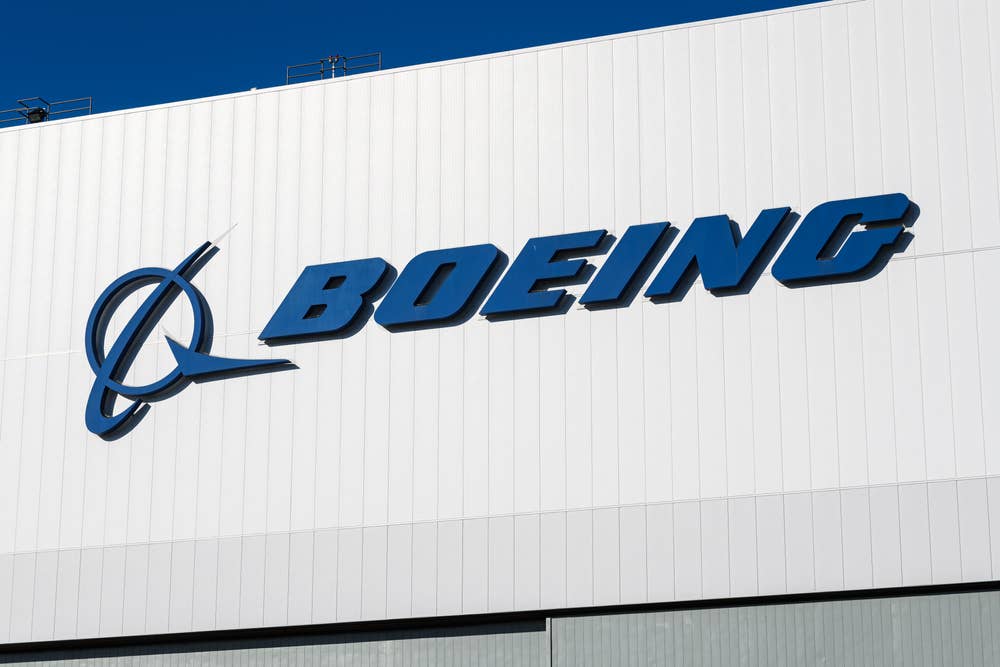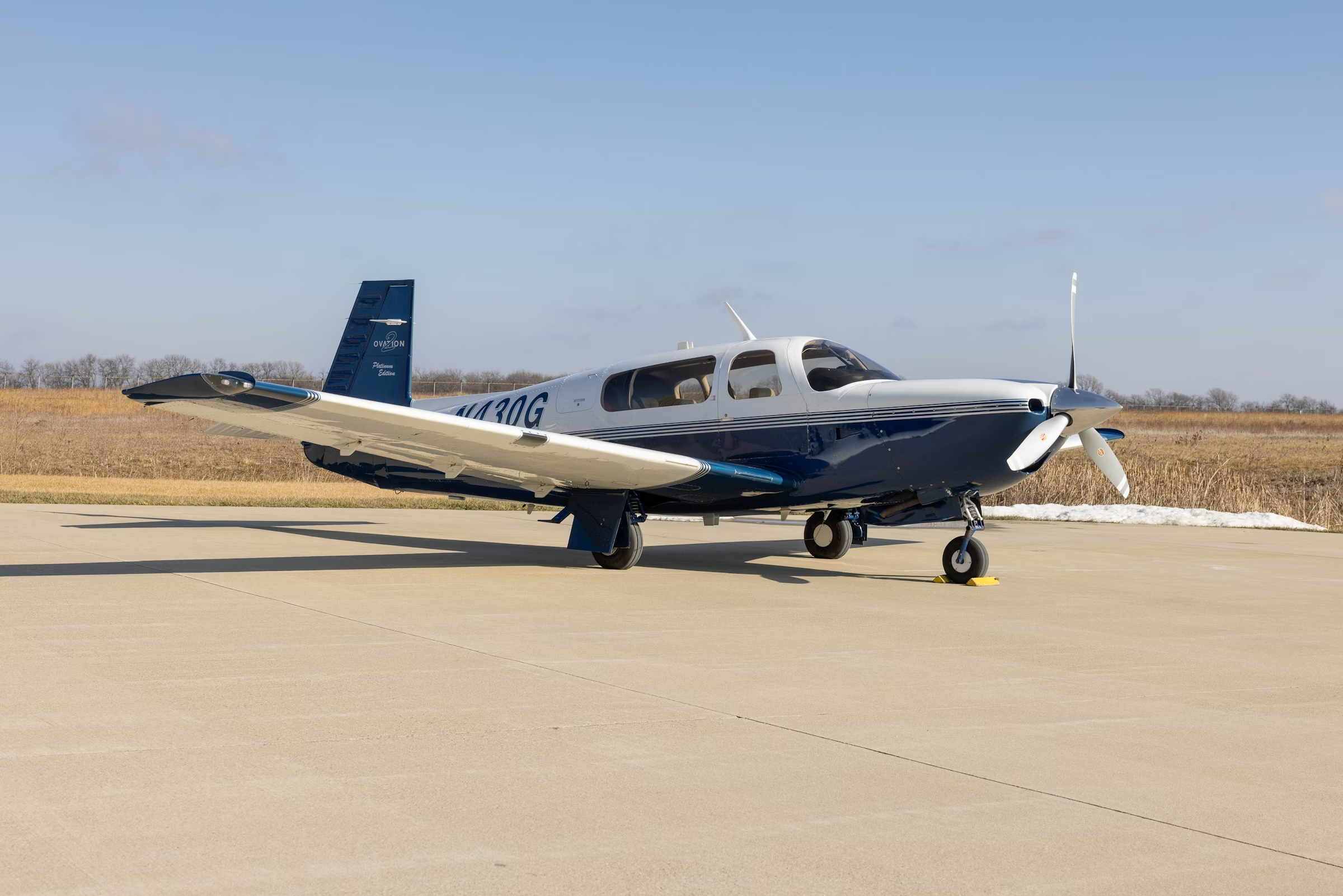
Dispatchers can now optimize more than one flight at a time. Courtesy Airspace Intelligence
Alaska Airlines and Airspace Intelligence have signed a multi-year contract for a “first-of-its-kind partnership to optimize air traffic flow using artificial intelligence and machine learning.” In a news release, Alaska Airlines said the partnership will use, “Flyways AI … that uses artificial intelligence (AI) and machine learning to assist dispatchers in making flight operations more efficient and sustainable by optimizing routes and improving the predictability and flow of airline traffic. Alaska is the first airline worldwide to adopt the technology.”
“The commitment to a continued partnership comes after an initial six-month trial program, during which Alaska’s dispatchers used the new AI-powered flight prediction information to help them plan, monitor, and make recommendations for rerouting flights to avoid issues like congested airspace and bad weather. Flyways found an opportunity to reduce miles and fuel use for 64 percent of mainline flights, of which dispatchers evaluated and accepted 32 percent of the Flyways recommendations.”
Because the airline’s dispatchers must account for weather, turbulence, and traffic volume in their planning efforts, “Flyways shows all that information on a dynamic 4D map,” said the release. “When it finds a better route, the system provides actionable recommendations to flight dispatchers who then decide whether to accept and implement the recommended solution or decline. Predictive modeling allows Flyways to ‘look into the future,’ helping inform users how the airspace will evolve as weather and congestion change. Flyways looks at all scheduled and active flights across the US, scanning air traffic systemwide, rather than focusing on a single flight. This allows it to avoid air traffic congestion. The Flyways-monitored flight is being routed to a different, less crowded route so that it can arrive on time and avoid weather.”
“Artificial intelligence and machine learning are among the top drivers of technology today and, for the first time, have been applied to the airline flight planning environment,” said Pasha Saleh, flight operations strategy and innovation director for Alaska Airlines. “Alaska’s use of Flyways in just six months, even with significantly depressed flying due to COVID-19, enabled us to save 480,000 gallons of fuel and avoid 4,600 tons of carbon emissions.”

Sign-up for newsletters & special offers!
Get the latest FLYING stories & special offers delivered directly to your inbox






